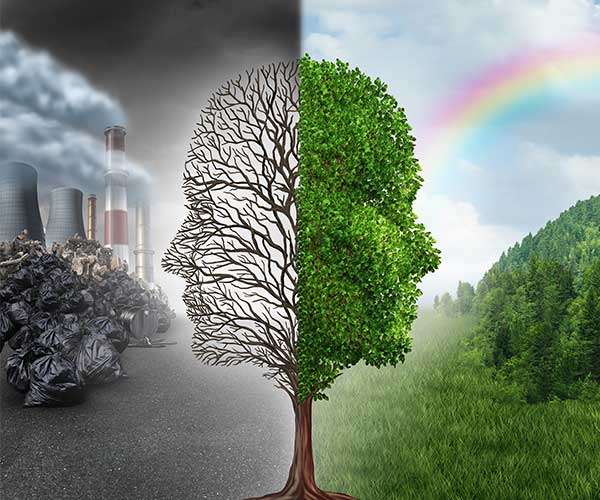Some countries have had a lot of success with solid waste management. However, the rest of the globe is struggling to deal with its trash. In these areas, improper solid waste management continues to have a negative impact on the public health of entire communities and cities, pollute local water, air, and land resources, contribute to climate change and ocean plastic pollution, impede climate chan
ge adaptation, and hasten the depletion of forests and mines.
In comparison to solid waste management, the world has made great progress in supplying other fundamental requirements such as food, drinking water, electricity, and economic possibilities. Solid waste management can assist to improve the above-mentioned services even further.
Organic waste composting can help crops grow and result in higher agricultural production. Reduced landfilling and the construction of sanitary landfills will minimize ground and surface water contamination, allowing for cleaner drinking water. Energy recovery from non-recyclable garbage may provide a large amount of a city’s energy needs.
The involvement of informal trash recyclers in inclusive waste management might bring significant economic opportunities to the excluded urban poor. Furthermore, an effective solid waste management strategy with cost recovery procedures might free up tax dollars for other purposes. Sustainable solid waste management in India in 2011 would have supplied
• 9.6 million tonnes of compost, which may have resulted in higher agricultural yields
• 58 million barrels of oil worth of energy from non-recyclable garbage
• 6.7 million tonnes of secondary raw materials to the industry in the form of recyclable materials, as well as employment for the urban poor
Until now, solid waste management was only a business social obligation or one of the services given by municipalities, and it was a non-priority for national governments. In Mumbai, however, inadequately handled wastes produce 22,000 tonnes of harmful pollutants such as particulate matter, carbon monoxide, nitrous oxide, and sulfur oxides per year, in addition to 10,000 grams of carcinogenic dioxins and furans. These figures solely apply to the city of Mumbai. This is true in cities all around the developing globe. There are various cases where groundwater has been contaminated by heavy metals and organic toxins as a result of solid waste dumps.
Solid waste management spending in New York City exceeds $1 billion each year, competing with education, poverty, security, and other sustainable programs. To transfer NYC’s garbage to landfills outside the city and state, nearly 500,000 truck journeys totaling hundreds of miles are necessary. Similarly, New Delhi spends more than half of its municipal budget on solid waste management, despite a dire need for the road, building, and other infrastructure investments and upkeep.
Solid waste management is no longer only a business social duty or a low-priority service. Improper waste management causes a public health and environmental problem, as well as economic loss, operational inefficiencies, and a lack of political and public awareness. Integrated solid waste management has the potential to be a nation-building exercise for healthier and wealthier societies. As a result, the worldwide focus is required to find answers to such a diverse set of problems.
Here is a Documentary on Solid Waste management.
